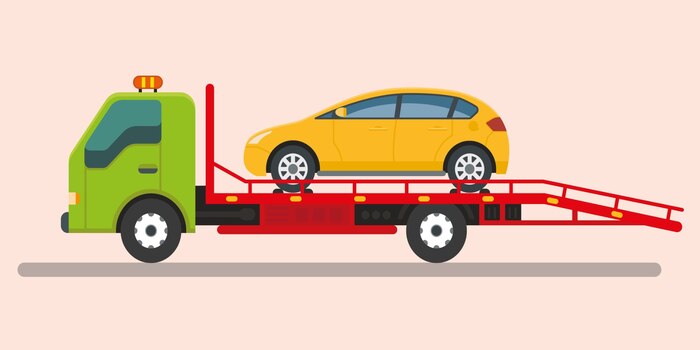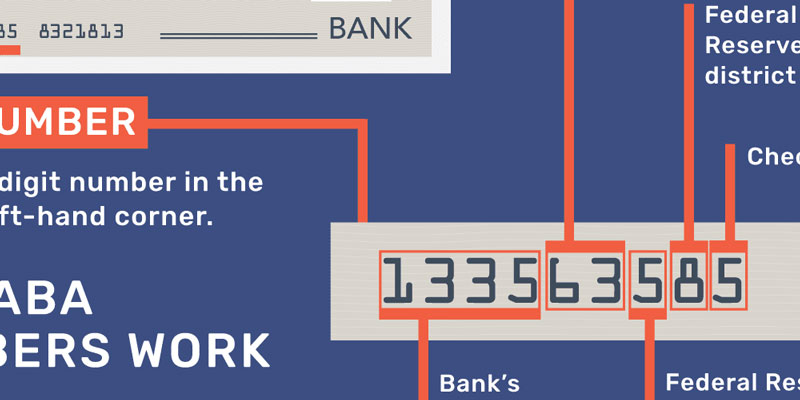Guarantor loans provide those who have a hard time getting loans the option to borrow loans with the support of a third party, known as a guarantor. If you cannot, a family member or a close friend "guarantees" to cover your payments.
If you are starting and don't yet have a credit history, guaranteed loans can be a smart alternative. You might also need a better track record when managing your credit, such as missed credit repayments, defaults on an account, or too many applications for credit. If you can make your payments on time and don't default on the loan, you will have the opportunity to improve your credit rating, which is one of the many advantages of a guarantor loan.
What Is The Procedure For Guarantor Loans?
Borrowing money from a lender and then paying it back in equal portions every month is standard for any loan, including guarantor loans. The main distinction is that a third party, known as your "guarantor," is a party to the contract and has agreed to fulfill your payments if you cannot.
Sometimes, the guarantor will be the first to get the loan funds. This will depend on the lender. At this point in the process, they can use either hand it over to the borrower or return it to the lender within the allotted "cooling-off period" of two weeks. You, the borrower, will get a lump sum payment provided the guarantor is satisfied with the arrangement. According to the conditions of the loan, you will be required to make payments on it.
What Does Guarantor Mean?
When you act as a guarantor for another person, you guarantee or vouch for them. When you agree to be someone else's guarantor for a loan, you promise to repay the debt on their behalf if they cannot. This may harm your credit score.
Benefits of a Guarantor Loan
If you have a low credit score and have been turned down for financing by other lenders, you may be eligible for a guarantor loan. Guaranteed loans provide an option to have access to financing; they are often used to meet lifestyle and emergency needs such as broken boilers, as well as larger expenses such as making home upgrades, paying for college or a wedding, or purchasing a vehicle.
If you can keep up with your payments and demonstrate that you are a responsible borrower, you will be able to enhance your credit score, which is possible with any credit. In the future, having a stronger credit score will make it simpler for you to apply for loans and credit cards and make you eligible for better interest rates.

Risks of a Guarantor Loan
It is important to know that guarantor loans are often associated with higher annual percentage rates (APRs) than other loans. Therefore, before taking it out, you should ensure that you will need it and that you will also be able to keep up with the payments. Aside from that, the risks associated with them are rather modest. Your guarantor is taking on more risk since they will be responsible for making the payments in your place if you cannot do so for whatever reason. If you plan on acting as a guarantor for someone else's loan, it's in your best interest to educate yourself on the responsibilities and potential hazards of the role.
Who Should Act As A Guarantor For Me?
Pick someone you can put your faith in. The individual you approach to be your guarantor must be someone with whom you feel comfortable having honest conversations about your financial situation. It is most likely to be a family member or a close friend, although a guarantor may be virtually anyone: a parent, a sibling, or a coworker.
In most cases, guarantors must own their own homes, have an established credit history, be at least 21 years old, and meet certain age requirements. A credit check will be performed on guarantors as part of the application process, and they will also be required to give evidence of identity, bank information, and bank statements.
What Should I Look For In A Guarantor Loan?

You should be sure that you will be able to keep up with the repayments just as you would with any other loan. When it comes to guarantor loans, this is of the utmost importance since if you cannot make your payments, your guarantor will be responsible for doing so. Consider important factors such as the annual percentage rate (APR), the years you have to pay it back, and the monthly payment amount.



